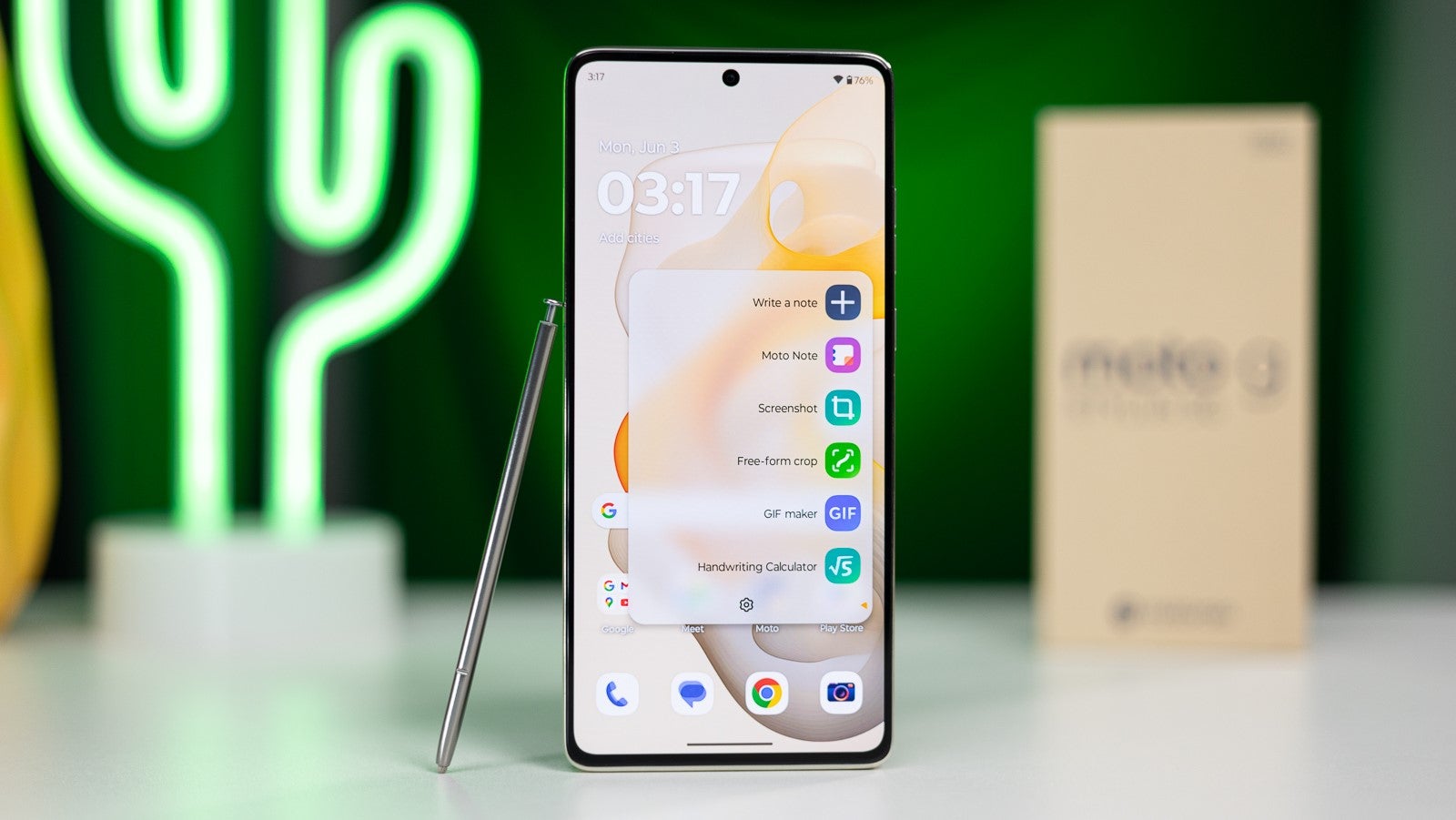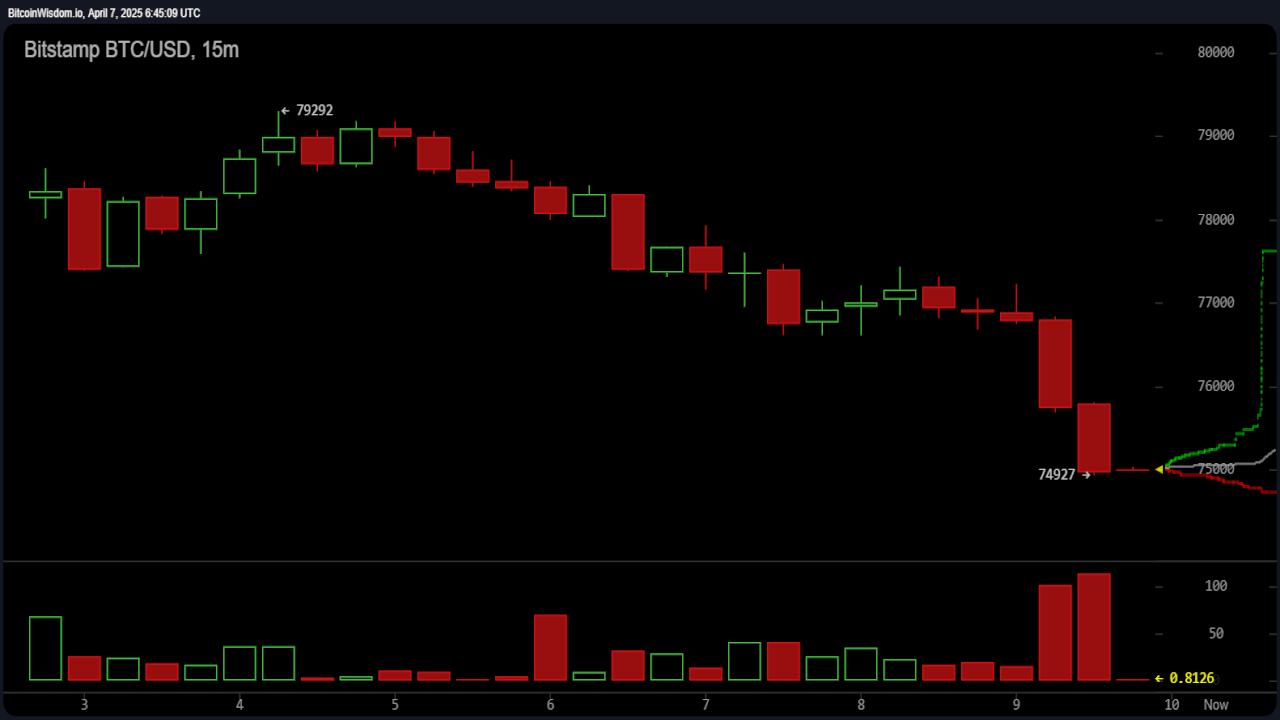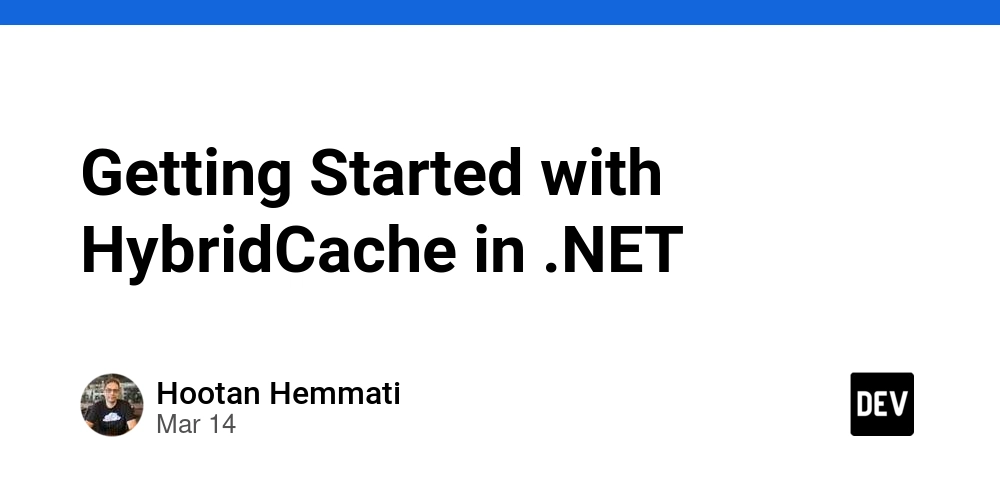Native vs. Cross-Platform App Development: The Best Choice for Nigerian Startups
Introduction For Nigerian startups looking to launch a mobile app, one critical decision is choosing between native app development and cross-platform development. This choice impacts cost, performance, time-to-market, and scalability—all crucial factors for any business aiming to dominate Nigeria’s fast-growing digital economy. Should you go native (Android and iOS separately) or opt for cross-platform solutions like React Native or Flutter? In this article, we’ll break down both approaches, their pros and cons, and help you determine the best choice for your Nigerian startup. 1. What is Native App Development? Definition: Native app development means building apps specifically for one platform at a time—either Android (Kotlin/Java) or iOS (Swift/Objective-C). Examples of Native Apps: ✔ GTBank Mobile App (Android & iOS built separately) ✔ Jumia App (optimized differently for each platform) ✔ Opay & PalmPay (with deep OS integration) Advantages of Native Apps: ✅ High Performance: Native apps run faster and smoother because they are built using the device’s core languages and frameworks. ✅ Better UI/UX: Native development allows full use of iOS Human Interface Guidelines and Android Material Design, ensuring a premium user experience. ✅ More Features & Hardware Access: Native apps have better access to device capabilities (GPS, Camera, Biometrics, AR, etc.). ✅ Higher Security: Banks and fintech apps prefer native development due to stronger security features. Disadvantages of Native Apps: ❌ Higher Development Cost: You need separate developers for Android and iOS, which increases costs. ❌ Longer Development Time: Since you’re building two different apps, it takes longer to launch.
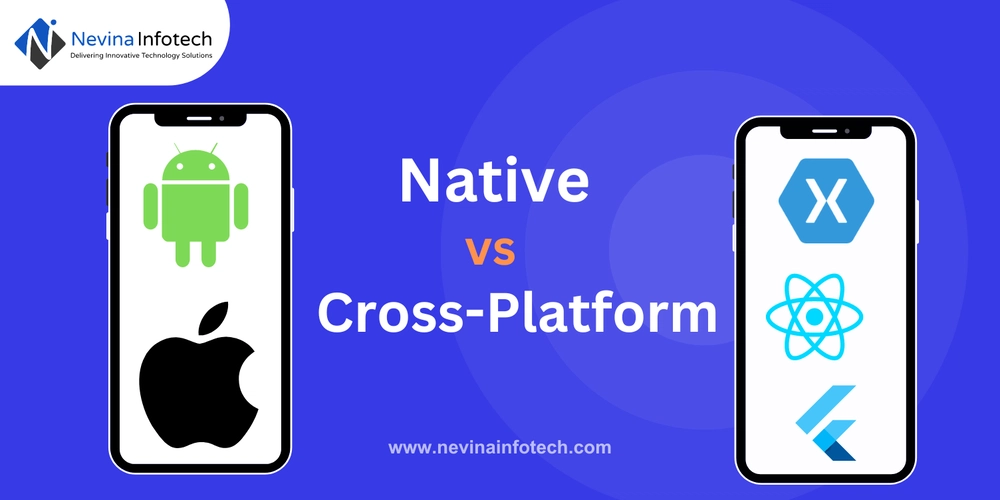
Introduction
For Nigerian startups looking to launch a mobile app, one critical decision is choosing between native app development and cross-platform development. This choice impacts cost, performance, time-to-market, and scalability—all crucial factors for any business aiming to dominate Nigeria’s fast-growing digital economy.
Should you go native (Android and iOS separately) or opt for cross-platform solutions like React Native or Flutter? In this article, we’ll break down both approaches, their pros and cons, and help you determine the best choice for your Nigerian startup.
1. What is Native App Development?
Definition:
Native app development means building apps specifically for one platform at a time—either Android (Kotlin/Java) or iOS (Swift/Objective-C).
Examples of Native Apps:
✔ GTBank Mobile App (Android & iOS built separately)
✔ Jumia App (optimized differently for each platform)
✔ Opay & PalmPay (with deep OS integration)
Advantages of Native Apps:
✅ High Performance: Native apps run faster and smoother because they are built using the device’s core languages and frameworks.
✅ Better UI/UX: Native development allows full use of iOS Human Interface Guidelines and Android Material Design, ensuring a premium user experience.
✅ More Features & Hardware Access: Native apps have better access to device capabilities (GPS, Camera, Biometrics, AR, etc.).
✅ Higher Security: Banks and fintech apps prefer native development due to stronger security features.
Disadvantages of Native Apps:
❌ Higher Development Cost: You need separate developers for Android and iOS, which increases costs.
❌ Longer Development Time: Since you’re building two different apps, it takes longer to launch.

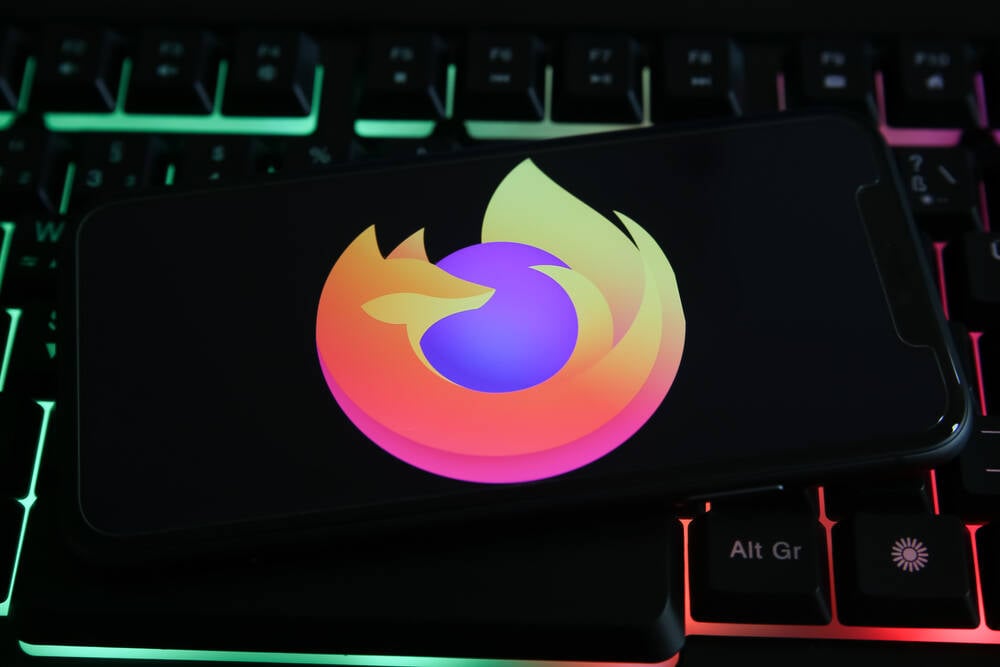







































































































































































![[The AI Show Episode 142]: ChatGPT’s New Image Generator, Studio Ghibli Craze and Backlash, Gemini 2.5, OpenAI Academy, 4o Updates, Vibe Marketing & xAI Acquires X](https://www.marketingaiinstitute.com/hubfs/ep%20142%20cover.png)



















































































































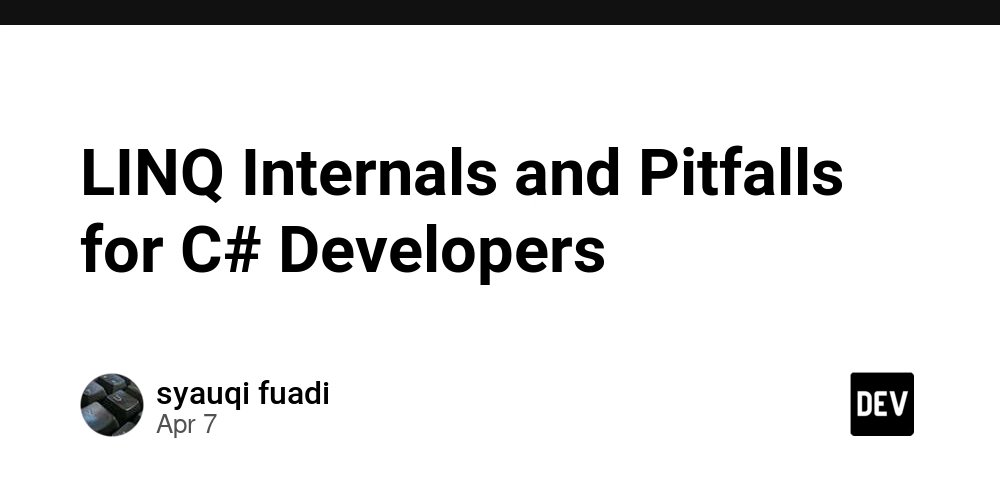
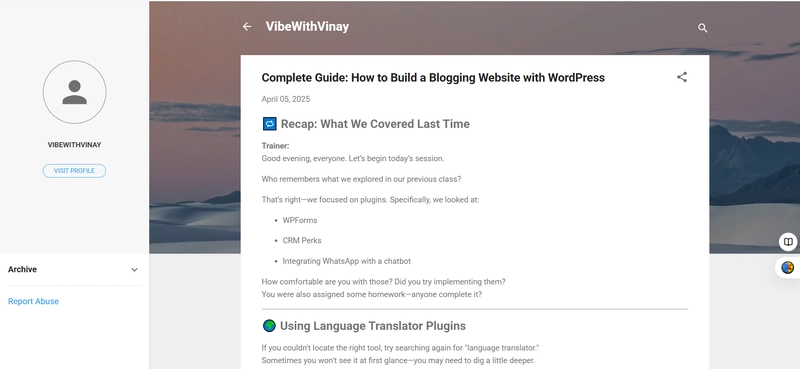










![[DEALS] The Premium Learn to Code Certification Bundle (97% off) & Other Deals Up To 98% Off – Offers End Soon!](https://www.javacodegeeks.com/wp-content/uploads/2012/12/jcg-logo.jpg)

![From drop-out to software architect with Jason Lengstorf [Podcast #167]](https://cdn.hashnode.com/res/hashnode/image/upload/v1743796461357/f3d19cd7-e6f5-4d7c-8bfc-eb974bc8da68.png?#)







































































































.png?#)



































_Christophe_Coat_Alamy.jpg?#)
.webp?#)
.webp?#)


















































































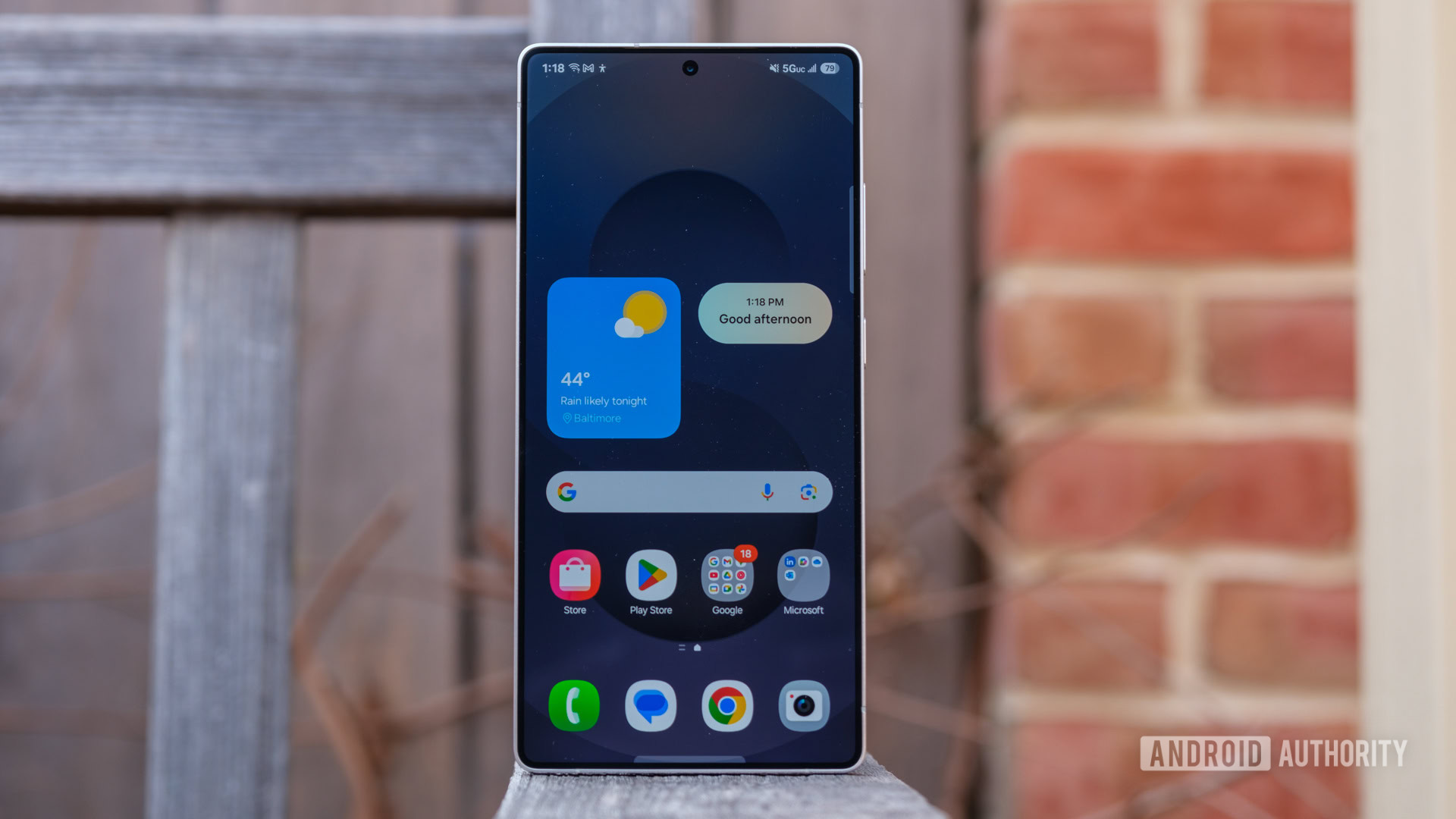

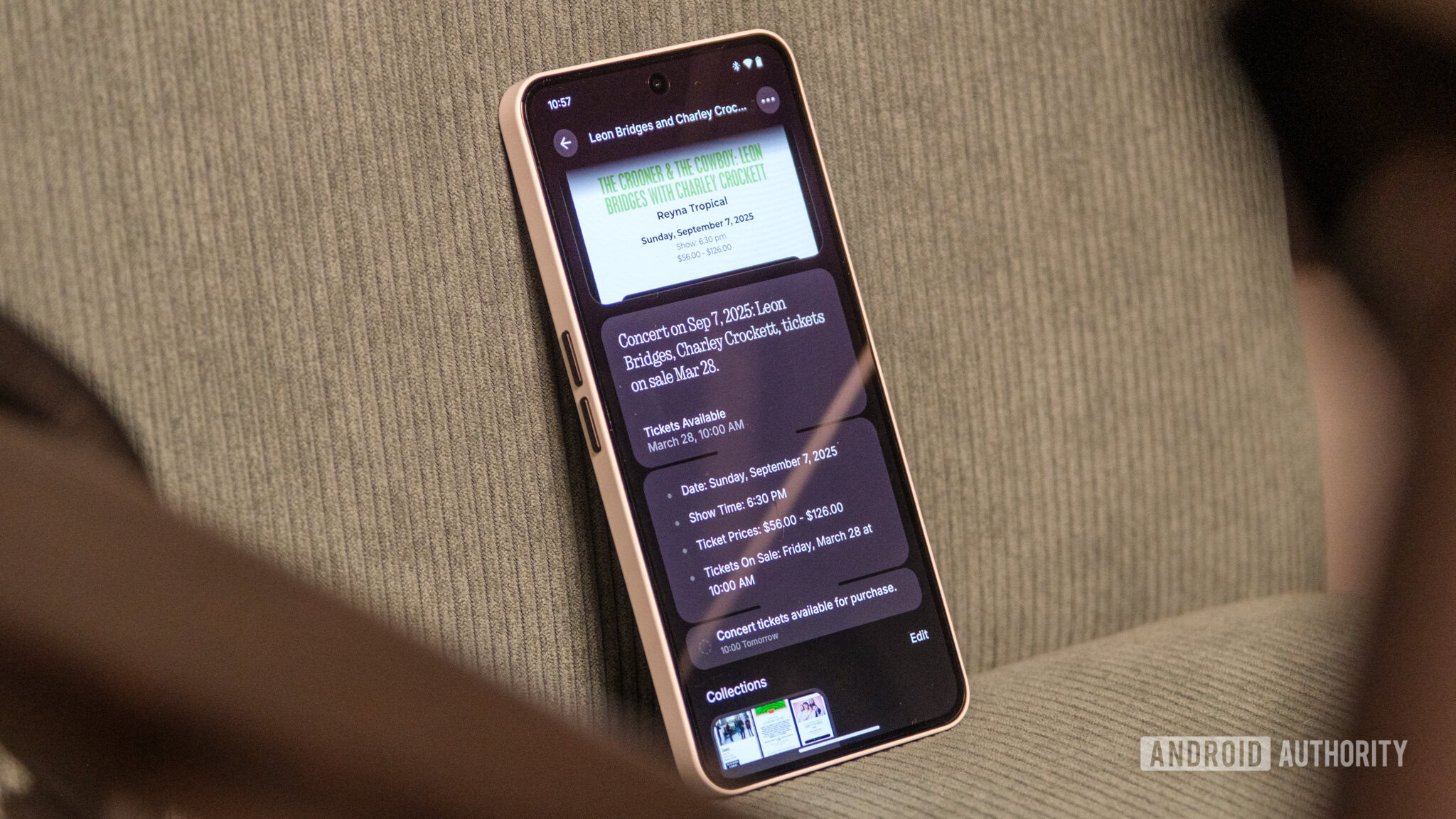



















![Apple Considers Delaying Smart Home Hub Until 2026 [Gurman]](https://www.iclarified.com/images/news/96946/96946/96946-640.jpg)
![iPhone 17 Pro Won't Feature Two-Toned Back [Gurman]](https://www.iclarified.com/images/news/96944/96944/96944-640.jpg)
![Tariffs Threaten Apple's $999 iPhone Price Point in the U.S. [Gurman]](https://www.iclarified.com/images/news/96943/96943/96943-640.jpg)



















































